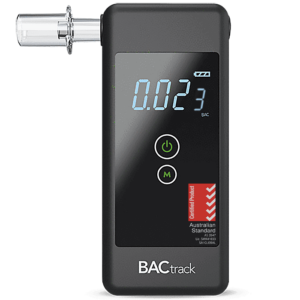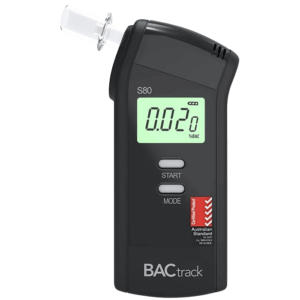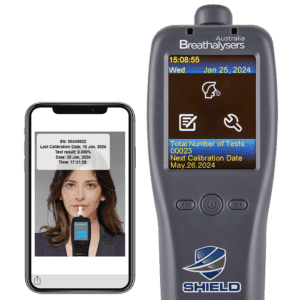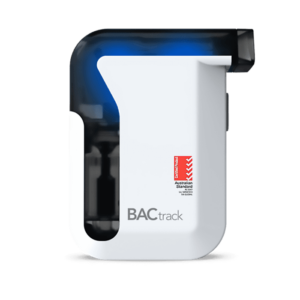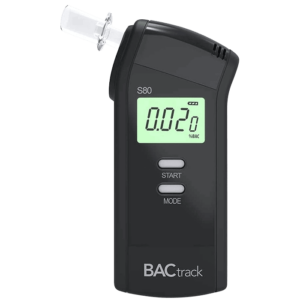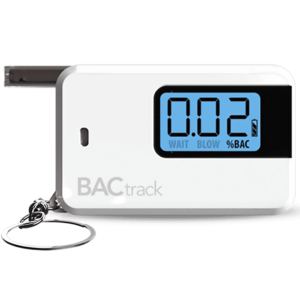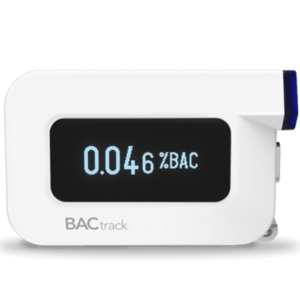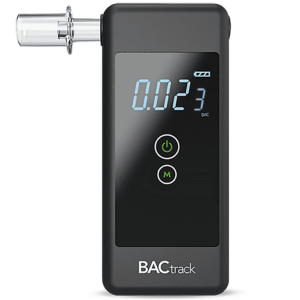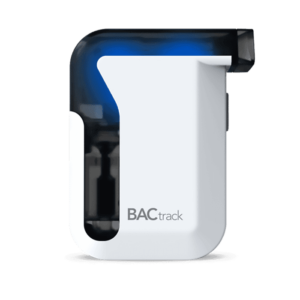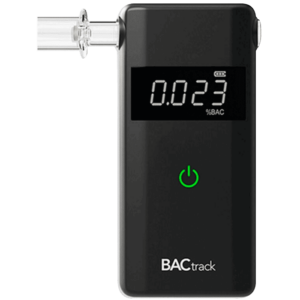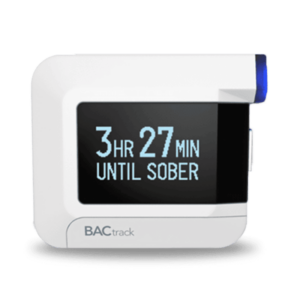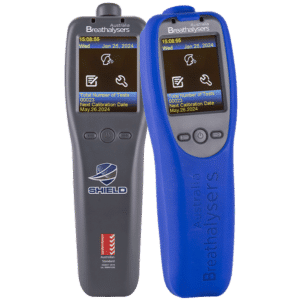Drink Driving Alcohol Limits in NZ And How To Avoid Charges
29 June, 2022

Alcohol contributes significantly to road crashes in New Zealand annually. Drink driving occurs when individuals operate a vehicle while under the influence of alcohol. In NZ, the general alcohol limit is 0.05% Blood Alcohol Content (BAC). Those found exceeding this limit can expect penalties, fines, or even license disqualification. To prevent charges, individuals can wait for their alcohol level to decrease, plan evening activities, and use personal breathalysers.
The amount of alcohol in the bloodstream is called BAC. When people drink alcohol, their BAC goes up. To avoid accidents or legal problems, they should know their alcohol level before getting behind the wheel. In addition, individuals should have a BAC of zero before driving. Fortunately, they can use devices from Breathalysers New Zealand to check their BAC. This article will cover the alcohol limits for driving in NZ and provide tips to avoid charges.
Drink Driving Limit in NZ
Drink driving is a major issue in NZ. The Ministry of Transport reports that about 30% of road traffic accidents are caused by alcohol. Police officers have the authority to stop drivers and check their breath for their alcohol level. The BAC of 0.05% is the legal alcohol driving limit in NZ. If the test shows a result above the legal limit, the drivers will be required to take an evidential breath test.
Furthermore, drivers who are under the age of 20 are not allowed to have alcohol in their system while driving. Drinking alcohol would make it illegal for them to operate a vehicle. Penalties may include three months of imprisonment, $2,250 fines, and a three-month suspension of their driver’s license.
Moreover, refusing a breath test from the authorities can lead to repercussions. The penalties can be just as severe as those for drink driving. Refusing the test can result in a fine of $4,500 and a driving suspension of six months or longer. Therefore, people must comply when asked to undergo a breath test to avoid these serious consequences.
Effects of Alcohol While Driving
- Drowsiness: can make people feel sleepy and tired, leading to decreased alertness and risk of falling asleep.
- Impaired vision: causing blurred or double vision, making it difficult to see the objects on the road.
- Reduced reaction times and coordination: slows down an individual’s reflexes, making it hard to respond quickly.
- Decreased concentration: affects the ability to focus, making it challenging to pay attention to the road, traffic signs, and signals.
- Failure to comply with driving/road rules: impairs judgement and decision-making abilities, leading to reckless behaviour.
- Inability to maintain a consistent speed: this can result in fluctuating speeds, making it challenging to maintain a safe pace.

Drink Driving: How to Avoid Charges
When people drink alcohol, there are different ways to stay safe before driving. They should keep in mind the following tips and safety measures. Firstly, there is no fast method to lower BAC levels. People can only wait until their body breaks down the alcohol and they become sober before driving.
Secondly, individuals should consider planning their night out if they intend to drink alcohol. They can opt for using public transportation or assigning a designated driver. Driving under the influence poses significant safety risks to themselves and others around them. Additionally, some insurance policies may not cover accidents if the BAC level exceeds the legal alcohol limit.
Moreover, drivers have to understand that the body metabolises approximately one standard drink per hour. This can serve as a general guideline to ensure their BAC levels remain in check. However, if individuals want to confirm their fitness to drive, they can utilise a personal breathalyser. BACtrack offers a range of personal models that provide highly accurate BAC readings. Knowing one’s BAC levels before driving can contribute to the reduction of road accidents caused by drink driving.
BAC Reading: How Alcohol Works
Knowing how alcohol affects the body is important to understand BAC readings. After someone drinks alcohol, their body swiftly starts to process it. The alcohol gets absorbed into the bloodstream, allowing it to travel to various organs. Consequently, a person may begin to experience the effects of intoxication shortly after consuming alcohol.
In addition, alcohol reduces the transmission of messages to the brain, impacting the functions of the Central Nervous System (CNS). It dulls the senses and impairs reasoning, leading to unsafe behaviours. To reduce the risks on the road, law enforcement frequently carries out an alcohol screening test at the roadside.
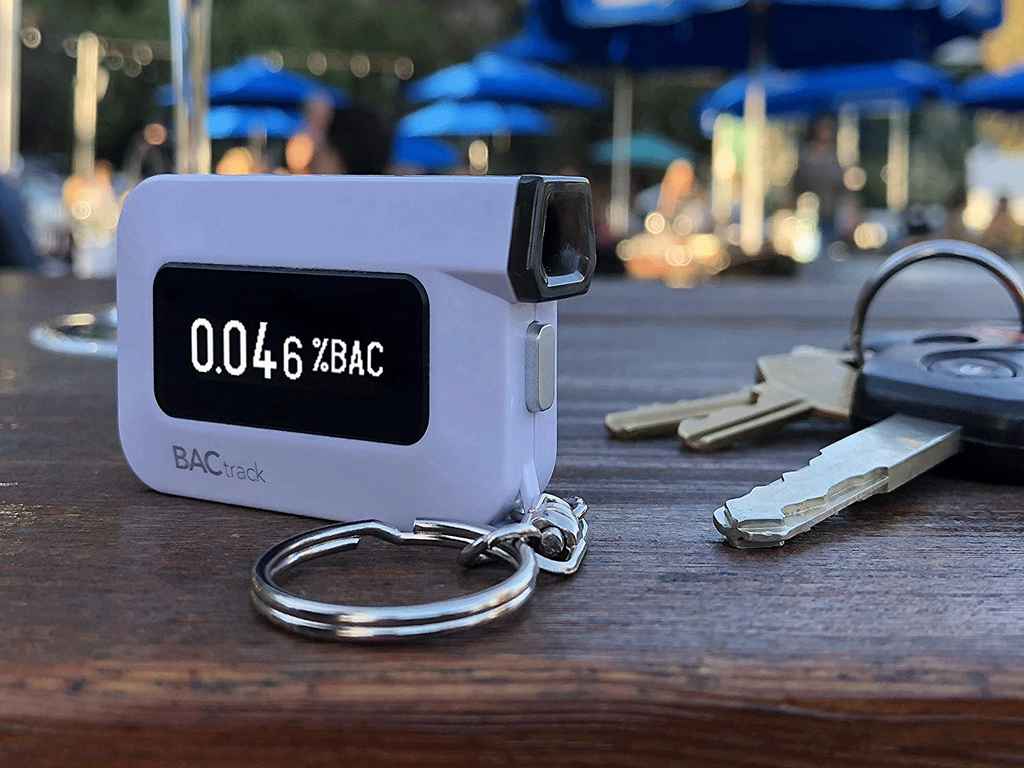
Drink Driving: Using BACtrack Devices
Alcohol can have various effects on the body. Some include impaired vision, slower reaction time, and difficulty concentrating. These effects can make it challenging to operate a vehicle. Understanding how alcohol impacts the body can help determine how quickly one’s BAC can rise. In NZ, there is a defined alcohol limit that separates what is considered safe and what is not.
Since drink driving is a criminal offence, surpassing the alcohol limit can result in criminal charges and penalties. Therefore, owning an alcohol breath tester is beneficial for individuals to ensure they stay within the legal limit. Having this device can be useful in such situations. Moreover, a personal breathalyser offers a user-friendly one-touch function, making it a convenient tool for preventing impaired driving.
Furthermore, regularly checking BAC levels is crucial. BACtrack devices use highly accurate fuel cell sensors, which are the same sensors found in breathalysers used by police officers. Investing in a personal breathalyser, such as the BACtrack S80 Pro, can be helpful. It includes an audible warning set to the driving limit in NZ.
Personal Breathalyser Safety Tips
To maximise the benefits of a personal breathalyser, individuals should follow these tips. First, they should use a new mouthpiece for each test, even if the device does not require a removable one. This practice ensures that only an accurate breath sample enters the sensors.
In addition, it is advisable to check the BAC at least 15 minutes after consuming alcohol and then every hour. This helps individuals monitor the rate at which their BAC is increasing. The BAC will continue to rise until the body eliminates alcohol. Above all, users should maintain BAC below the legal limit.
Conclusion
In NZ, drink driving is a significant problem, with alcohol contributing to about 30% of road traffic accidents. Drivers can be stopped and tested by the police. Exceeding the legal limit of 0.05% BAC can result in penalties. To avoid charges, individuals should consider alternative transportation or use a personal breathalyser, such as those from Breathalysers New Zealand. This device helps ensure fitness to drive by providing accurate BAC readings.
Owning a personal breathalyser, like BACtrack S80 Pro, helps individuals to avoid charges involved in impaired driving. This device utilises fuel cell sensors similar to those used by police officers. To maximise the benefit of this device, users should use a new mouthpiece for each test. They also have to check their BAC levels at least 15 minutes after consuming alcohol. Overall, prioritising responsible drinking and utilising a personal breathalyser can contribute to safer roads in NZ.


















